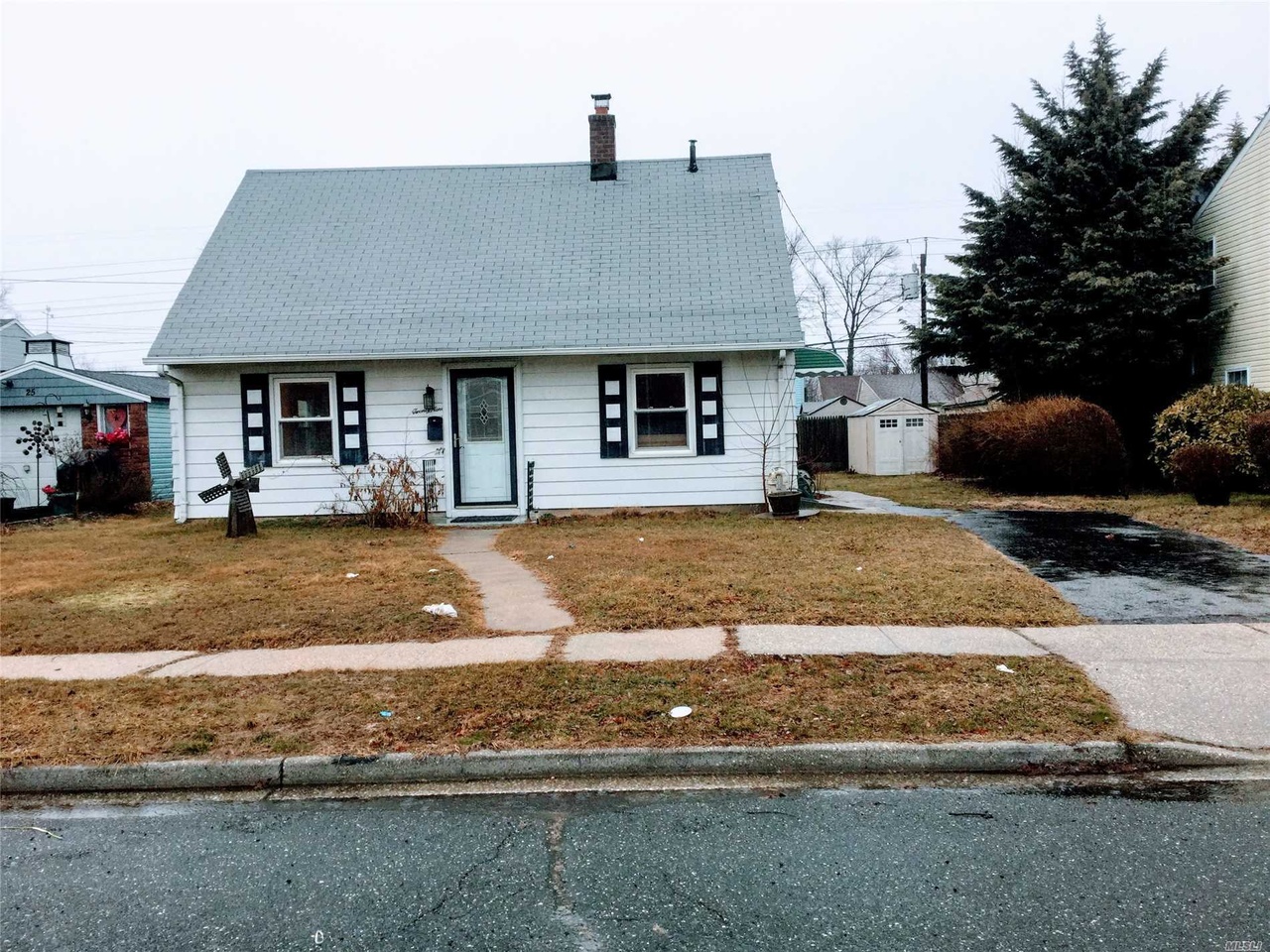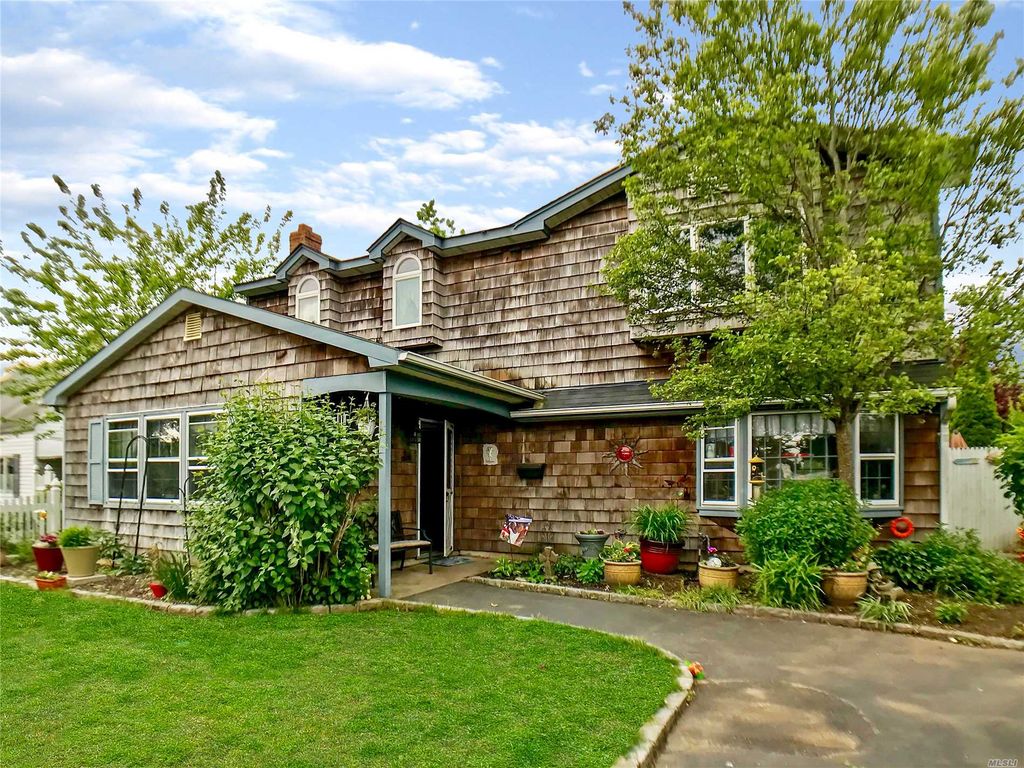

Economic hardship usually is not sufficient reason for changing land use. The borough recently extended the secondary residence ordinance to its two other residential zones. In 1979, the Borough of Princeton enacted a law allowing homeowners in two of its four residential districts to create a rental unit within their homes as long as they met certain conditions: the lot had to be at least 25 percent larger than the minimum lot requirement in the area, one of the two dwelling units had to be owner-occupied, and the secondary residence could be no larger than two habitable rooms, that is, a living room and a single bedroom. In Summit, where there is an abundance of large, old houses, a building inspector visits any house that is changing hands to make certain that it has not been converted into other than what the zoning calls for. Some have two-family homes predating their zoning laws, called 'non-conforming use.' They have ordinances saying that if a non-conforming two-family home is more than 50 percent destroyed by fire, it can't be rebuilt as a two-family house.'' Why all the fuss? As one real estate broker, who asked not to be identified, noted: ''Suburban towns want to hold the line on singlefamily zoning. The Pavlus do not see the difference between what they had been asking for and what the Demarests were allowed. This was deemed to be an extension of the house, not a two-family use. Meanwhile, the Zoning Board gave approval to Roger Demarest and his mother to create a second ''mini-kitchen'' in a second-floor 20-foot addition to that house. The Mayor and Council said it was not appropriate for them to intervene or participate in a variance application. They asked the Zoning Board to revise its ordinance but were told the board did not have the authority to do that and suggested that they go to the Mayor and Council. They had hoped to be able to create a rental apartment within their home for a senior citizen. Last fall, the Pavlus decided on a different approach. The Pavlus's daughter then moved to Massachusetts.

The board had stipulated that the home should revert to a single family should the daughter's family move, but Irving Evers, the board's attorney, advised that the board lacked the authority to establish those conditions. The Zoning Board initially granted the variance, but revoked it shortly afterward. In Westwood, Edward and Winifred Pavlu sought approval to convert their 90-year-old four-bedroom, one-bath home into a two-family home so that their daughter and son-in-law could live there. Using that logic, you shouldn't have bathtubs because maybe you'll make bathtub gin.'' ''My people regard this as a single-family house.

''The issue is to what extent is the government able to tell you how you can use your house,'' said Judith Reilly, the Gonchars's attorney. They have appealed, and their case is scheduled to be heard on April 20 in Superior Court in Hackensack. The Gonchars are continuing to build the addition. The Zoning Board upheld the zoning officer's ruling. Two days later, the zoning officer stopped construction at the Gonchars's home, ruling that an addition that included a separate kitchen and bath comprised a separate dwelling. The town's zoning office replied that the issue was under the Zoning Board's jurisdiction.


 0 kommentar(er)
0 kommentar(er)
